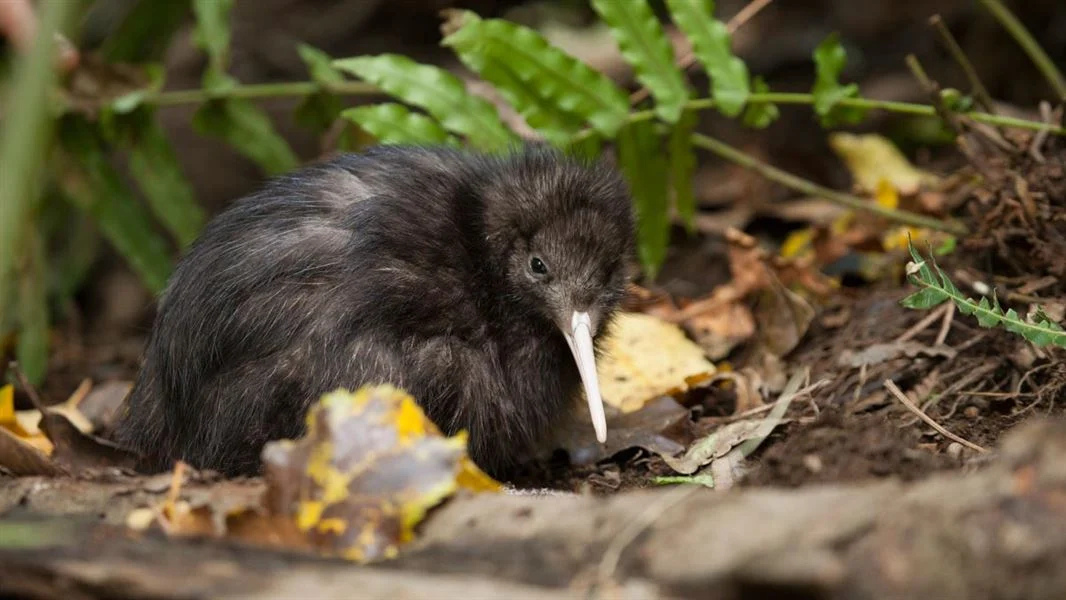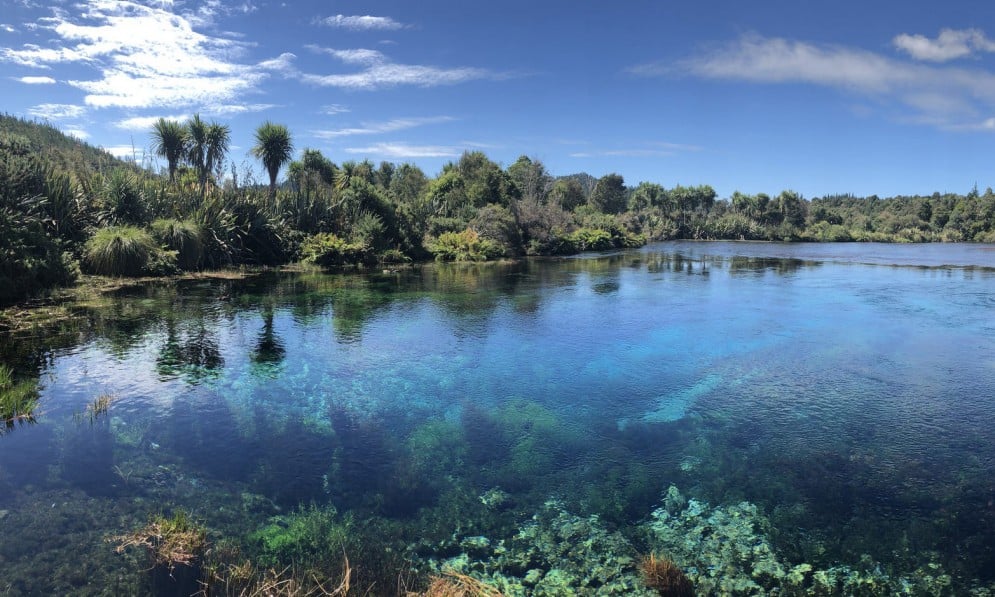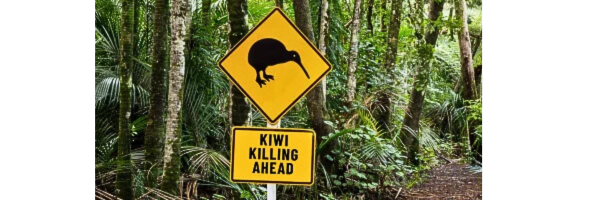A coalition of nearly 100 international organisations, including Greenpeace, have launched an open letter to governments calling for binding targets to cut industrial agricultural emissions and condemning the controversial ‘no additional warming’ principle pushed by Federated Farmers, Beef + Lamb and other lobbyists.
The letter was launched on the first day of the UN Food and Agriculture Organisation’s Sustainable Livestock Conference in Rome. It comes just as the New Zealand Government is set to make a decision on whether to align its methane target with ‘no additional warming’, which could breach international obligations under the Paris Agreement.
Greenpeace Aotearoa spokesperson Amanda Larsson says, “No additional warming is a political trick dressed up as science. It pretends current methane emissions are fine – when in reality, they’re fuelling the climate crisis.”
“Cutting methane emissions now is our only chance to reduce global temperature rise in our lifetime. It is the climate emergency handbrake we need to avoid dangerous tipping points. But our Government is squandering this chance by overseeing intensive dairy expansion – putting polluters’ profits ahead of our kids’ and grandkids’ future.”
The New Zealand Government is already facing criticism from international climate scientists and members of the European Parliament over suggestions that its methane target could be weakened. Such a decision could carry legal consequences under the recent International Court of Justice advisory opinion and clauses in New Zealand’s trade deals with the EU and UK.
The open letter also calls on Governments to “incentivise agricultural practices that restore ecosystems, support biodiversity, and ensure access to healthy and nutritious foods for all” – in particular, through agro-ecology and ecological farming practices.
“The climate is changing and the way we produce food will have to change as well,” says Larsson.
“Farming communities are already experiencing the impacts of the climate crisis – from the Nelson floods, to the drought last summer. It’s going to get worse, unless we change what we’re doing and move to farming practices that work with, instead of against, the land.”



